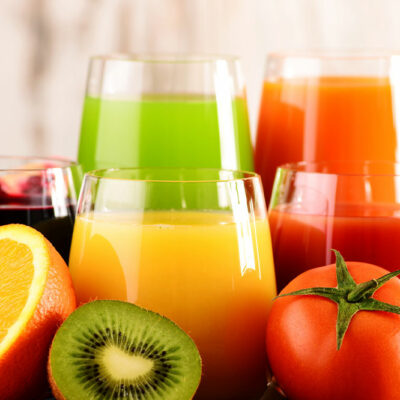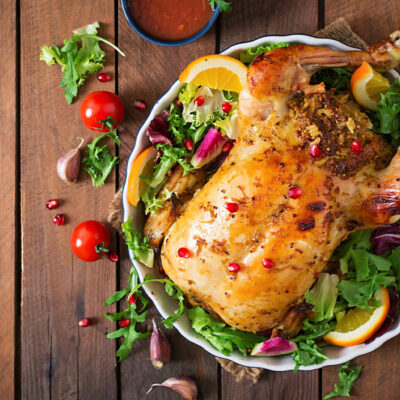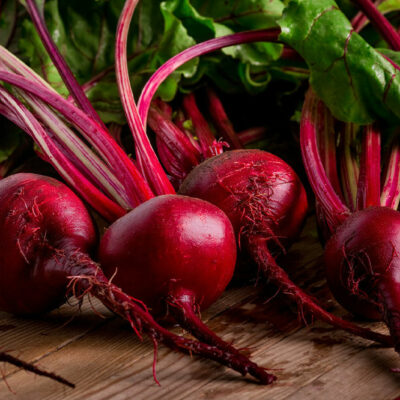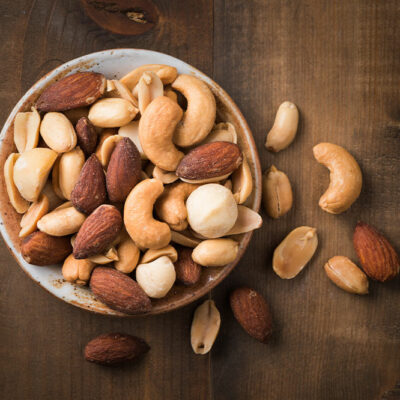Foods and Beverages to Avoid Before Flying
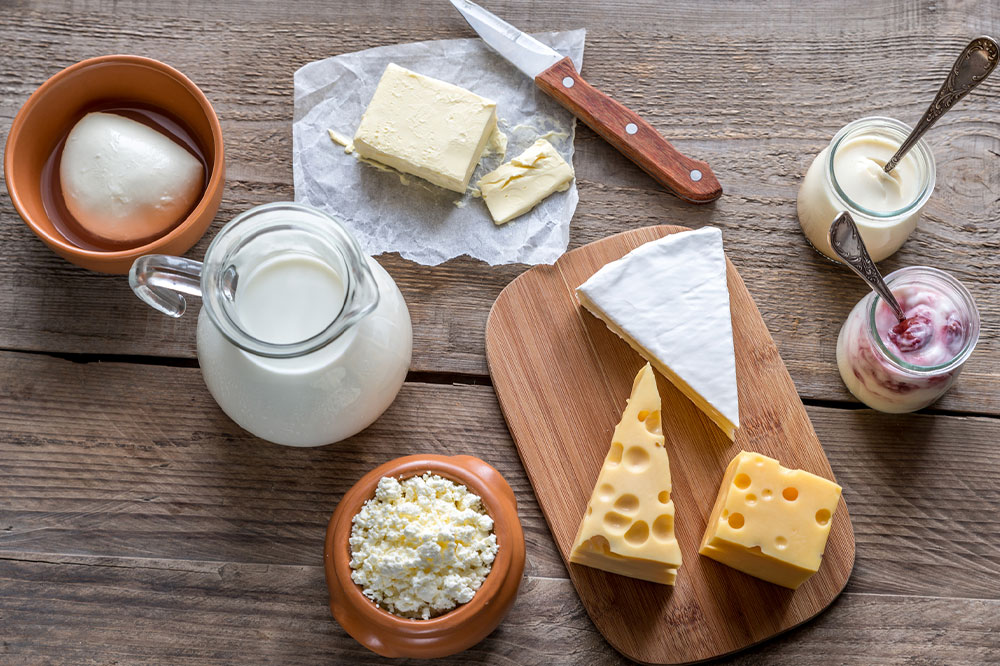
Dealing with an upset stomach is one of the common concerns most travelers have while boarding a long-haul flight. Whether a person is traveling domestically or internationally, it is common to have an upset stomach, and sometimes, the symptoms may flare up, making it embarrassing for travelers to explain. To avoid such challenging scenarios and prevent health complications, here are some common foods and beverages to avoid having before boarding flights.
Dairy products
Long-haul flights, lasting more than 6 hours, can negatively affect one’s digestive system. Nausea, vomiting, and diarrhea are some common issues people experience with an upset stomach. It happens because the stomach contents get churned up with changes in altitude and cabin pressure. Furthermore, people who are lactose intolerant won’t be able to digest the sugars found in dairy entirely. This indigestion will lead to gas and bloating. Therefore, avoiding consuming dairy products on or before boarding a long-haul flight is best. Travelers must avoid fatty milk, cheese, milk curds, baked goods, and processed snacks made with milk or yogurt as the main ingredients before taking a flight.
Cruciferous vegetables
Broccoli, cauliflower, Brussels sprouts, and cabbage may be nutrient-dense. However, avoiding these items before boarding a flight is advised, mainly because these vegetables can cause gas. Even at cruising altitude, the plane will adjust course and height. These adjustments trigger changes in the cabin air pressure, and the body will find it hard to process these foods. As a result, one might develop bloating and nausea. During long-haul flights, it might be hard to hold in the gas for hours, which could very well turn into an embarrassing situation.
Beans
Beans are notoriously known for causing bloating in mid-air. Like cruciferous vegetables, beans, when digested beans release gases that expand in the stomach. Also, altitude adjustments can churn up the stomach’s contents, which further causes abdominal discomfort. In addition, holding in the gases will trigger bloating, and that’s not a comfortable situation to be in when traveling long distances. Therefore, beans are best avoided before boarding a flight.
Salty snacks
Salt forces the body to retain more water and, as a result, triggers bloating, making a person uncomfortable on long flights. Also, processed snacks come loaded with preservatives and additives that worsen the symptoms of dehydration. While these snacks are tasty when one eats them, they can cause discomfort in the next couple of hours on long-haul flights. So it’s better to avoid deep-fried foods or foods containing too much flavoring.
Seafood
One might be tempted to try out some of the local seafood delicacies at the restaurants in airports between layovers. But raw seafood like sushi or sashimi is best avoided when traveling. Raw foods put immense pressure on the digestive system and trigger an unpleasant sensation during long flights. Also, it’s a big risk to eat seafood that might not be adequately prepared, which might force the person to go to the washroom every hour, battling an upset stomach. Nausea, vomiting, and diarrhea are the worst possible discomforts to endure once airborne. Since it can become an embarrassing situation mid-air, it is best to avoid the risk.
Fried meats
Meats are heavy and take time to be processed, putting pressure on the digestive system. So, avoid consuming a heavy meaty meal with pork, beef, or lamb, among common cuts of red meats. These meats also contain compounds released when cooked on a high flame that upset the stomach. The same goes for deli cuts like salami, sausages, bacon, and other fatty rinds of meat that are deep-fried, barbecued, or braised in saturated fats. Lean chicken and turkey are acceptable alternatives, but only when one eats them in moderation.
Sugary foods
Sugary food items trigger bloating. Even organic fruits like apples, pears, peaches, etc., may seem harmless, but these fruits contain natural sugars that the body absorbs quickly. Excessive sugar intake can trigger an imbalance in blood glucose levels, resulting in health complications that can become difficult to manage on a plane. Avoid taking store-bought baked goods and confectionaries on flights. Even if it is homemade, avoid bringing sweets on long flights as one will feel tempted to overindulge and, as a result, deal with an upset stomach.
Coffee
Caffeine is one of the few ingredients that help prevent fatigue and tiredness while traveling for long hours. But coffee is fine for road trips with frequent stops for rest. However, health experts advise avoiding caffeine before long-haul flights, especially strong black coffee. It’s a diuretic, meaning it increases the production of urine. Therefore, excessive intake of coffee can force the person to use the toilet frequently. Frequent urination further increases the need to drink water. Drinking too much water on an empty stomach will only trigger more bloating and, as a result, cause discomfort during the journey.
Carbonated drinks
Flavored sodas and carbonated beverages are the worst drinks to have before flying. The fizz in these drinks comes from the added carbon dioxide that will cause bloating and stomach pain. Such beverages can cause bloating, cramps, and gas. Any turbulence will worsen the discomfort, so health experts suggest avoiding these drinks. Furthermore, flavored drinks contain high amounts of sugar, further triggering bloating and stomach pain.
Mixed drinks
Experts advise refraining from taking mixed drinks like mocktails before flights. Most people prefer indulging in a few of these drinks during long layovers. But they contain ingredients that cause the body to dehydrate mid-flight. To quench the thirst, the traveler has to increase the water intake and, as a result, deal with a bloated stomach. Therefore, it is best to avoid such beverages during flights and replace them with bottled water while traveling long distances.


